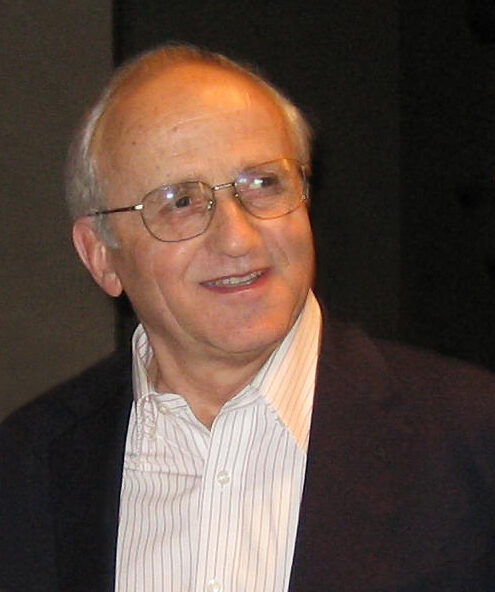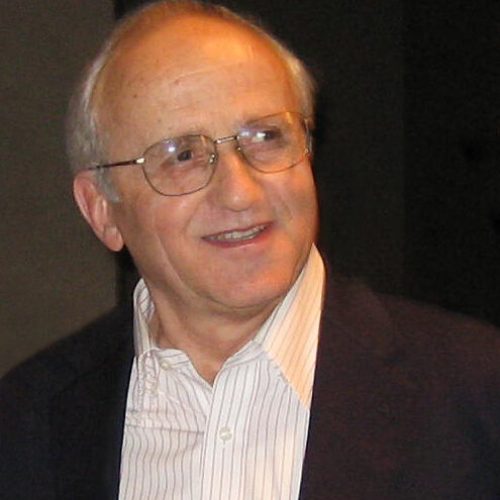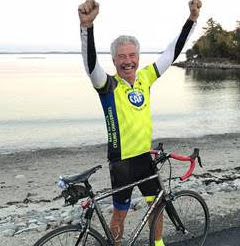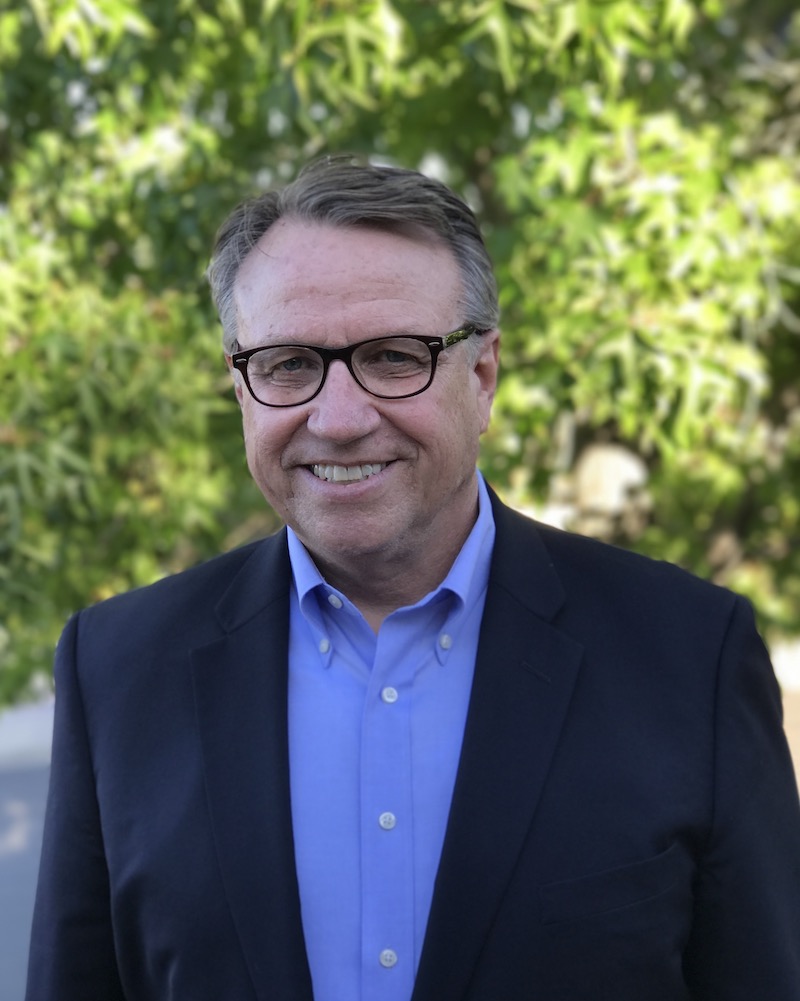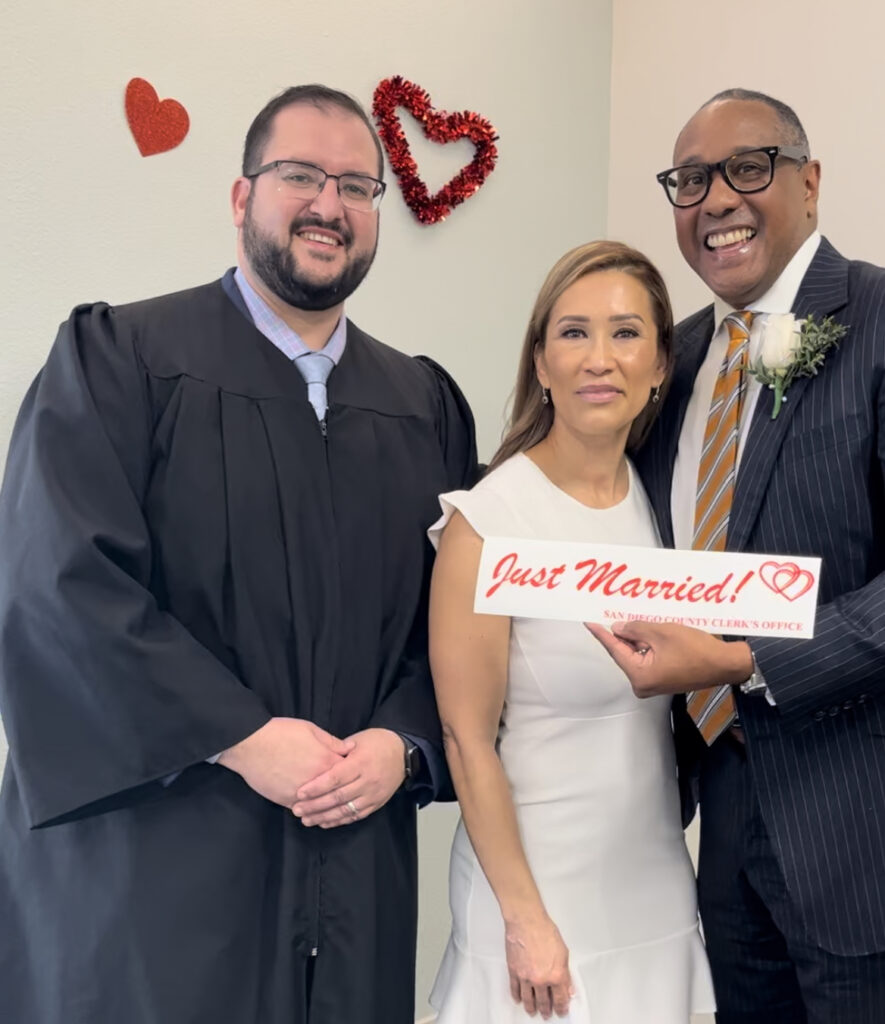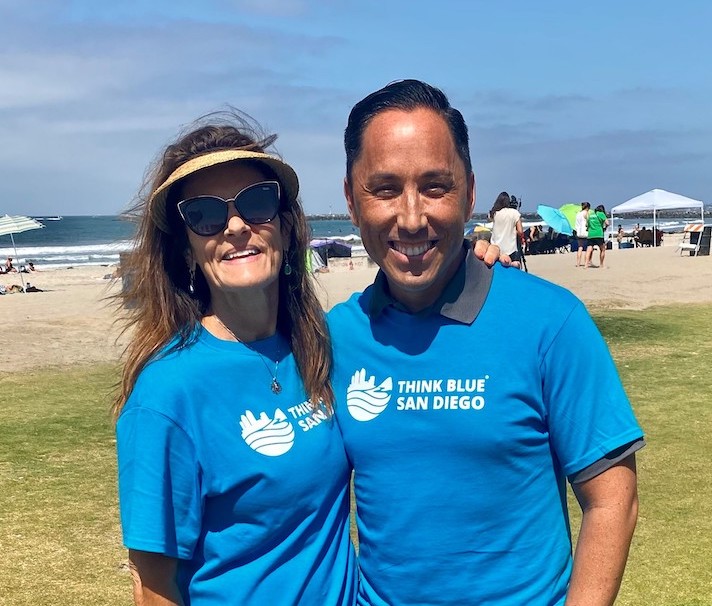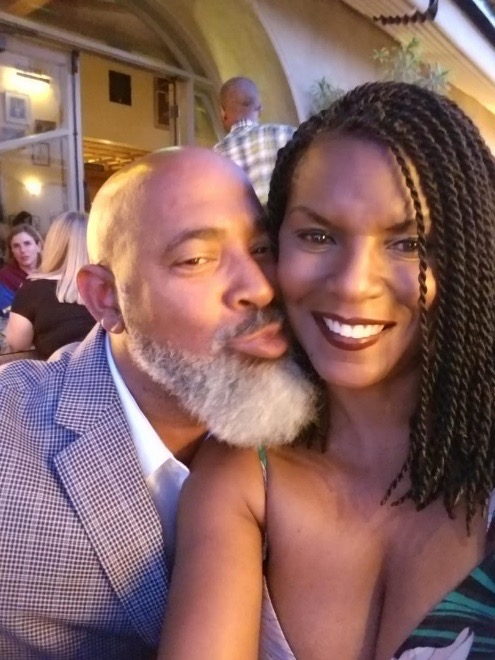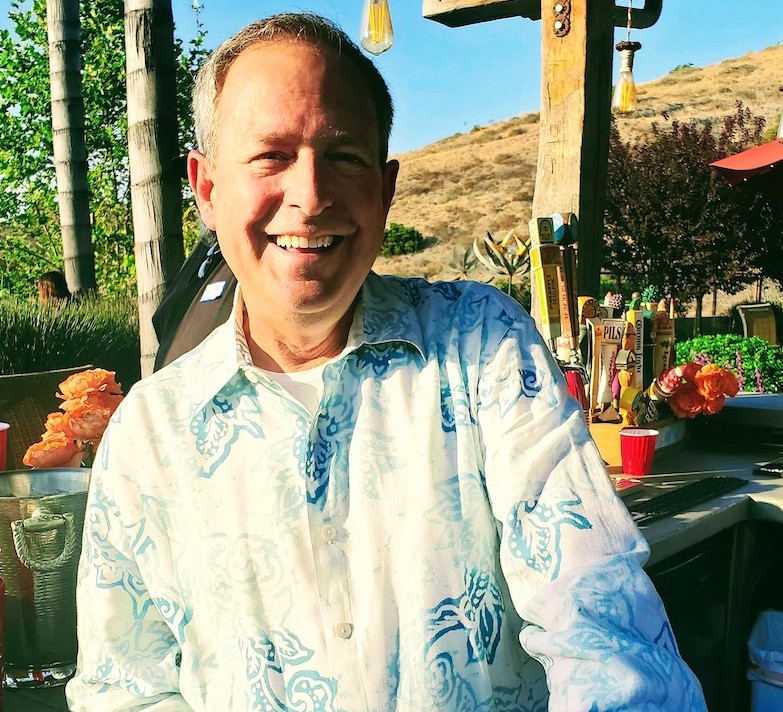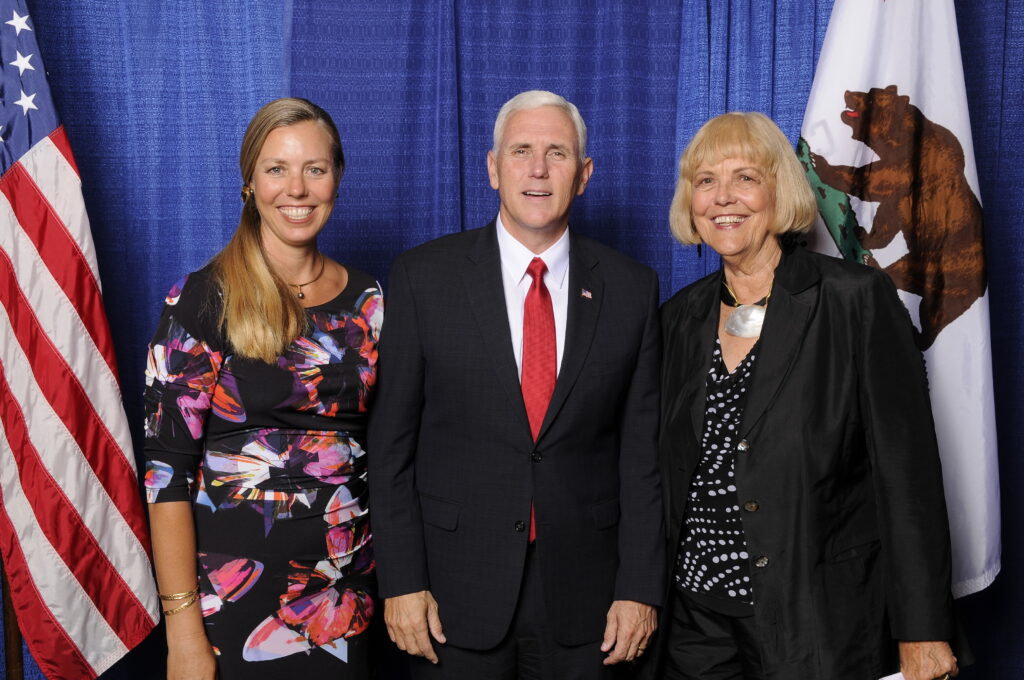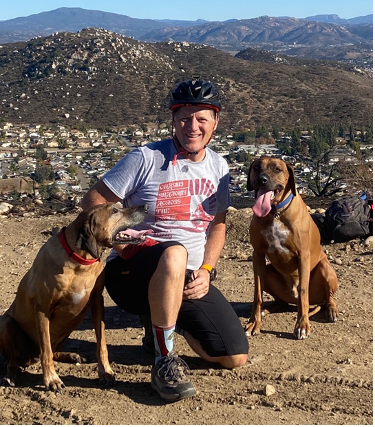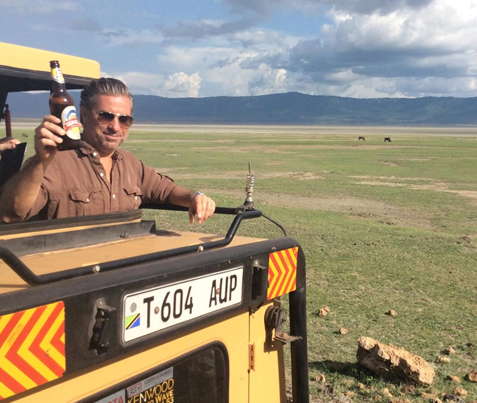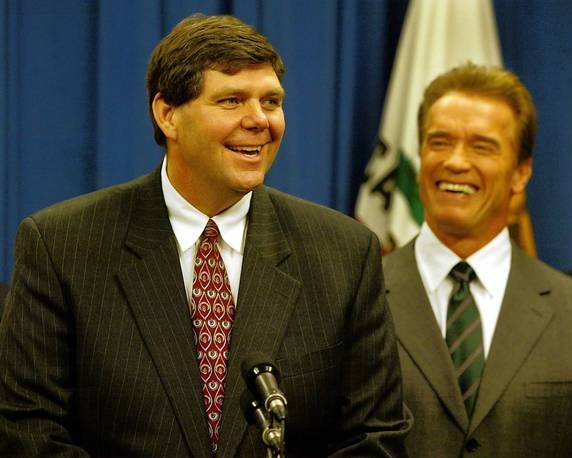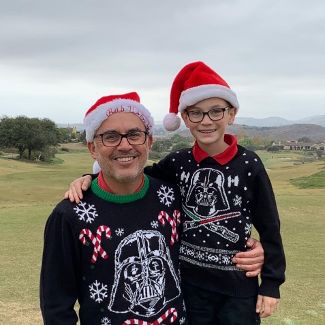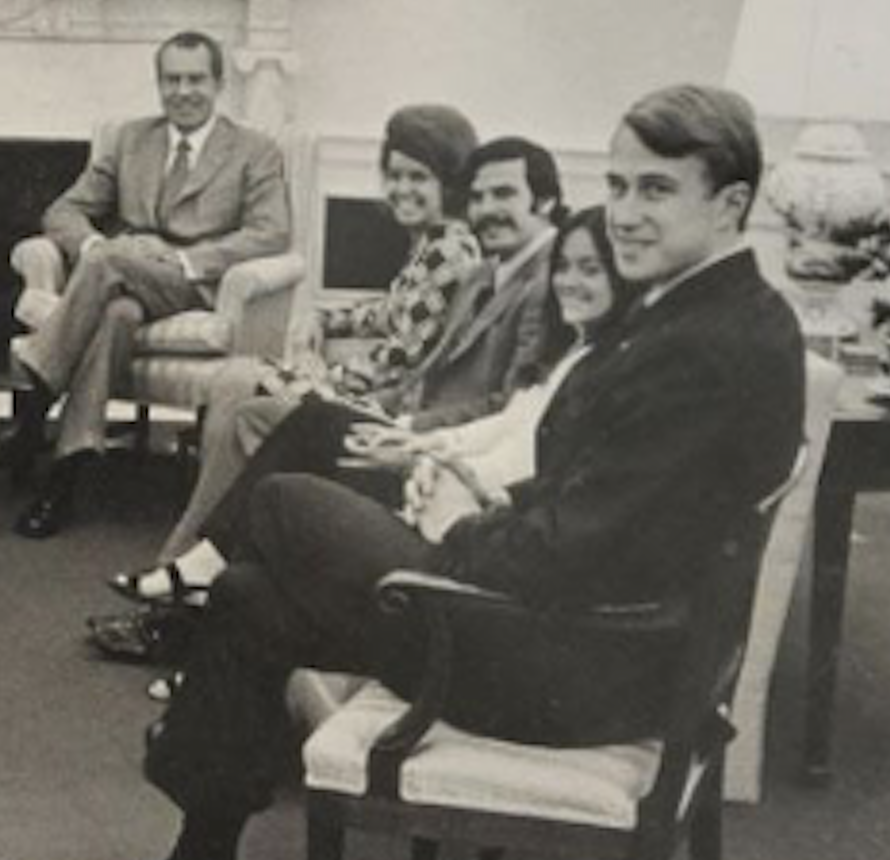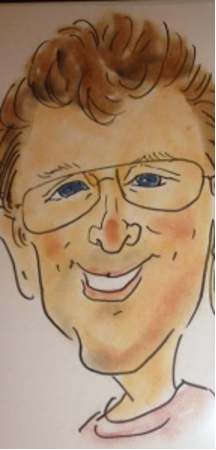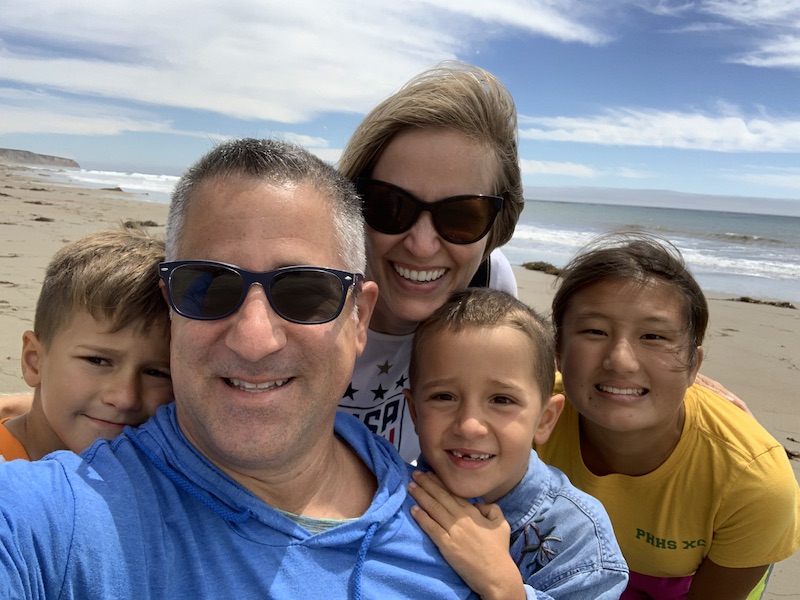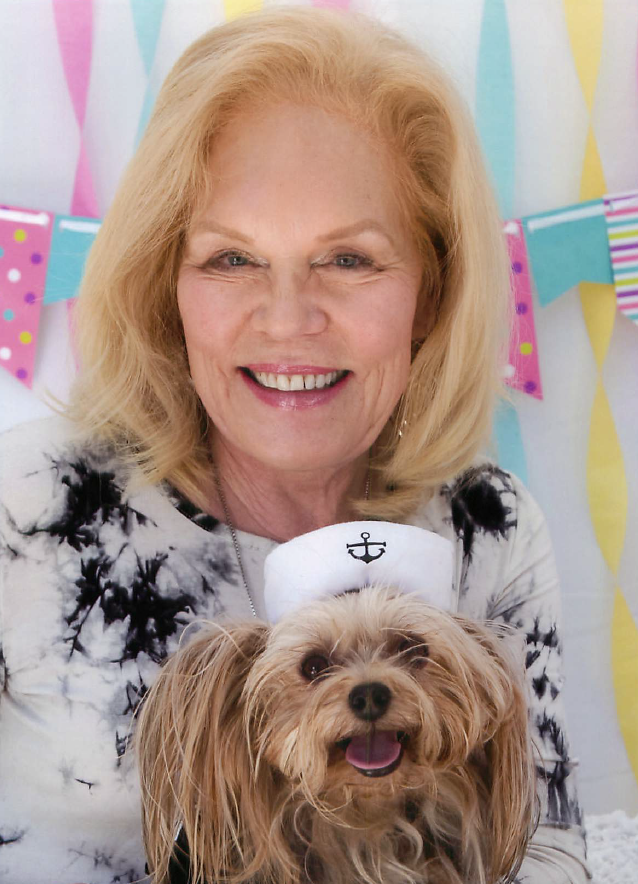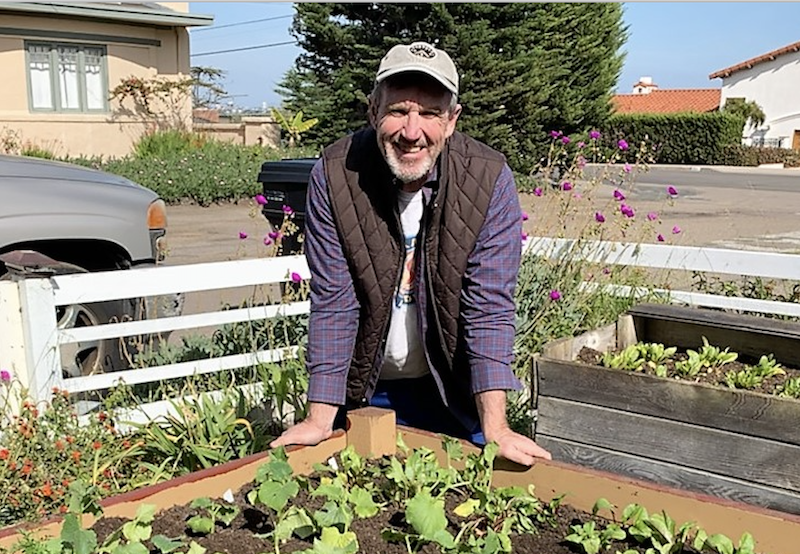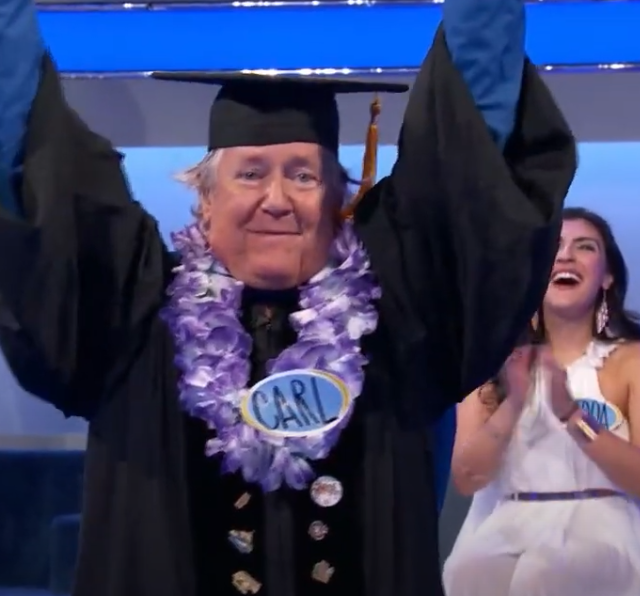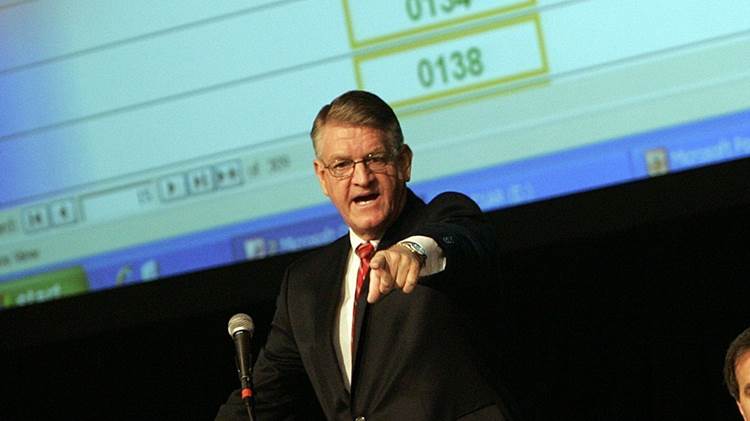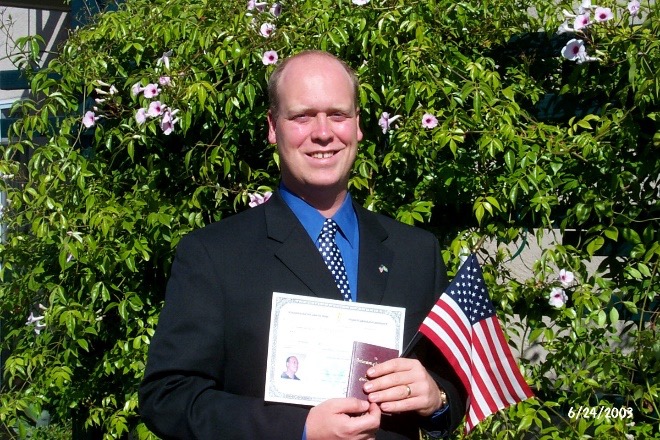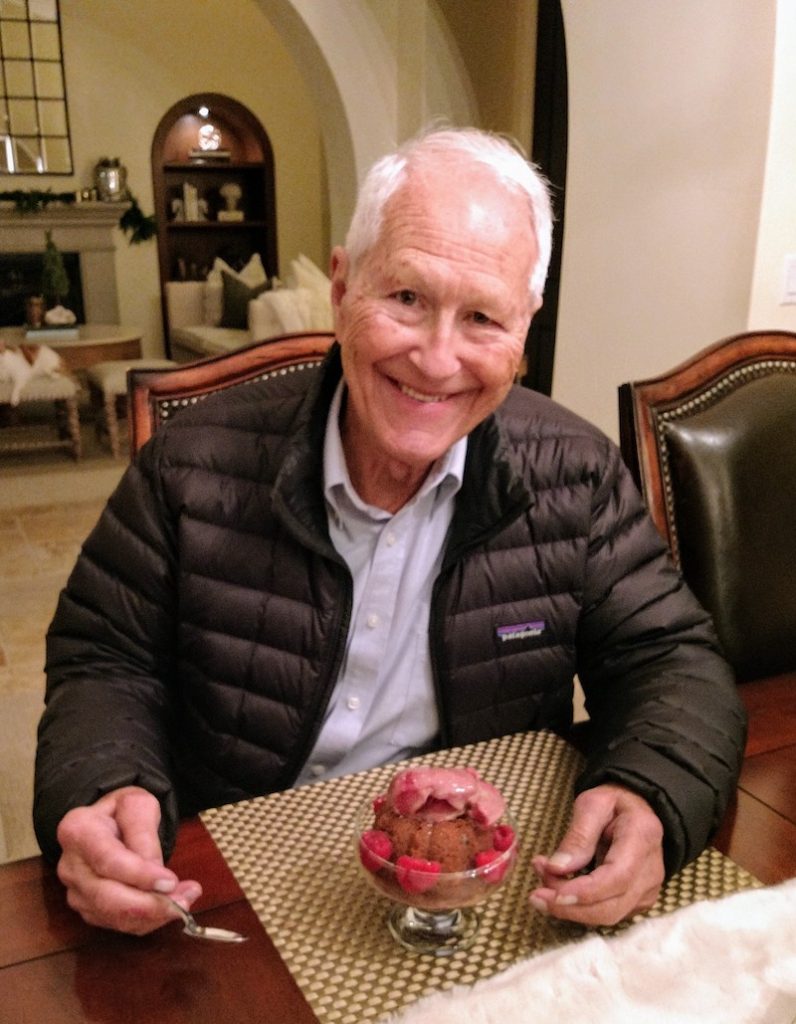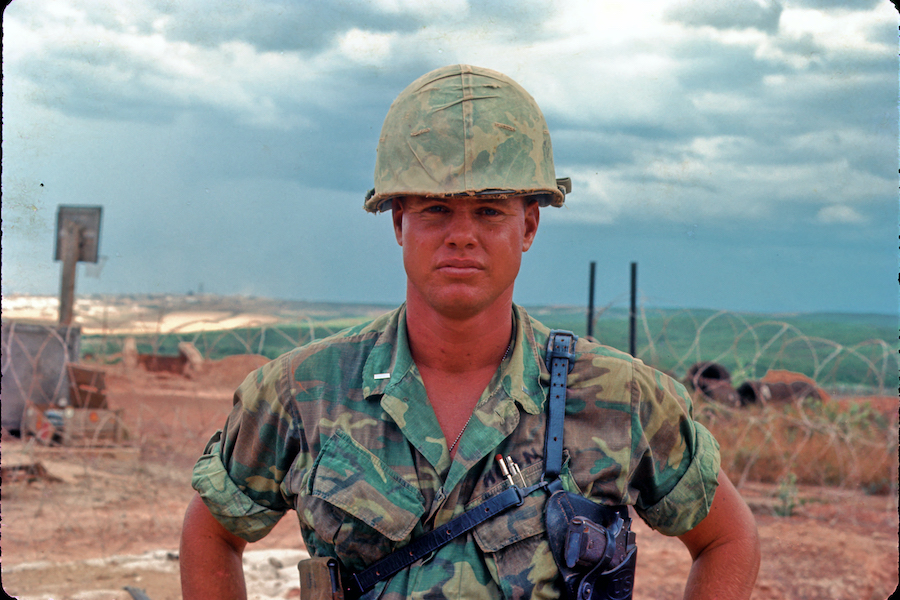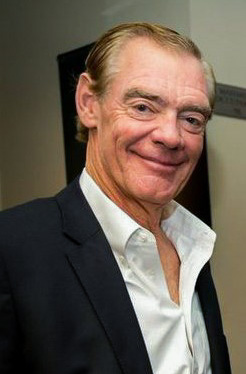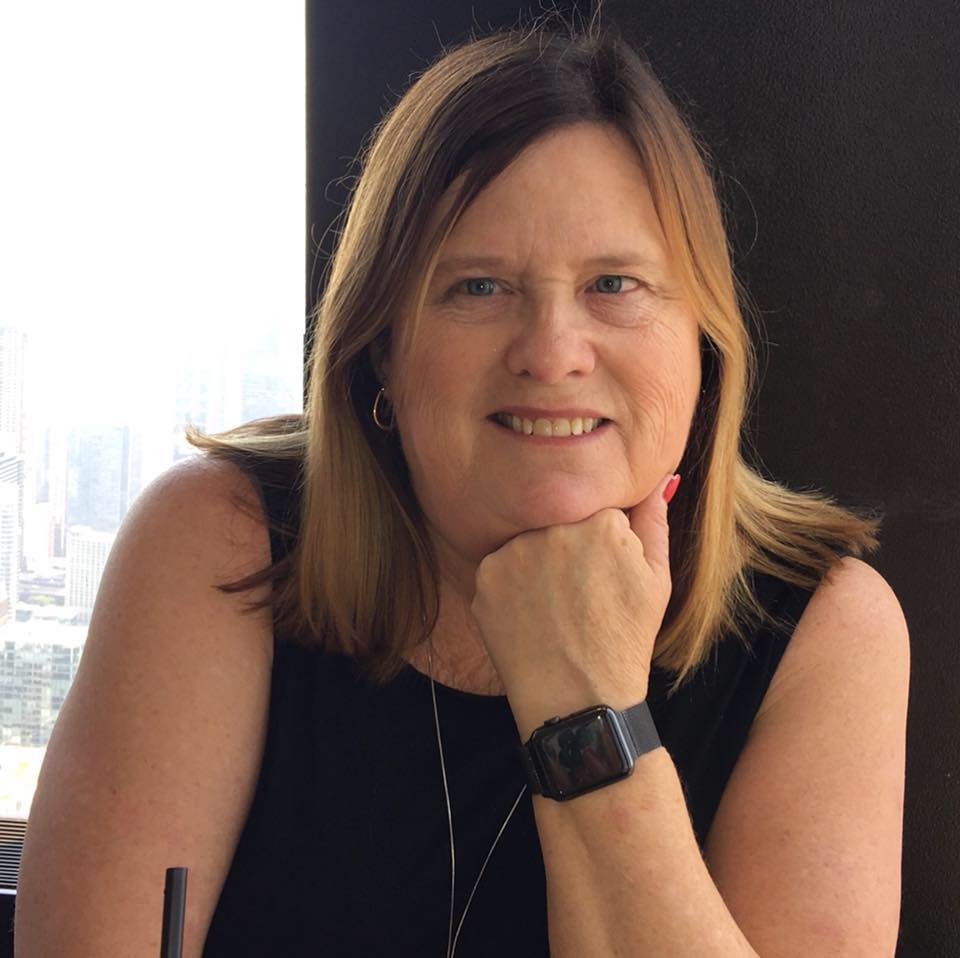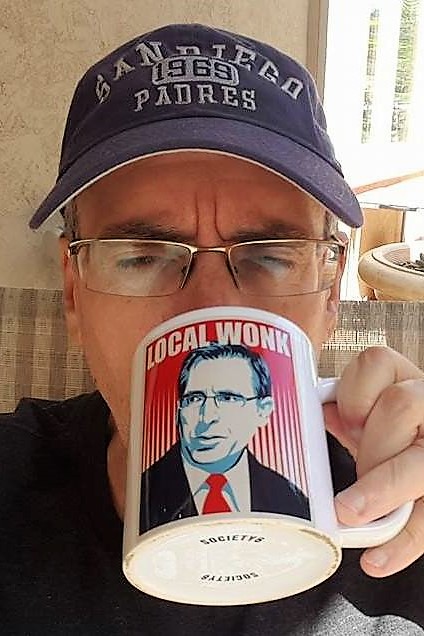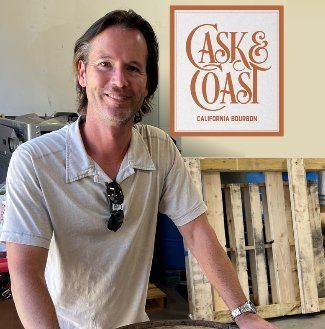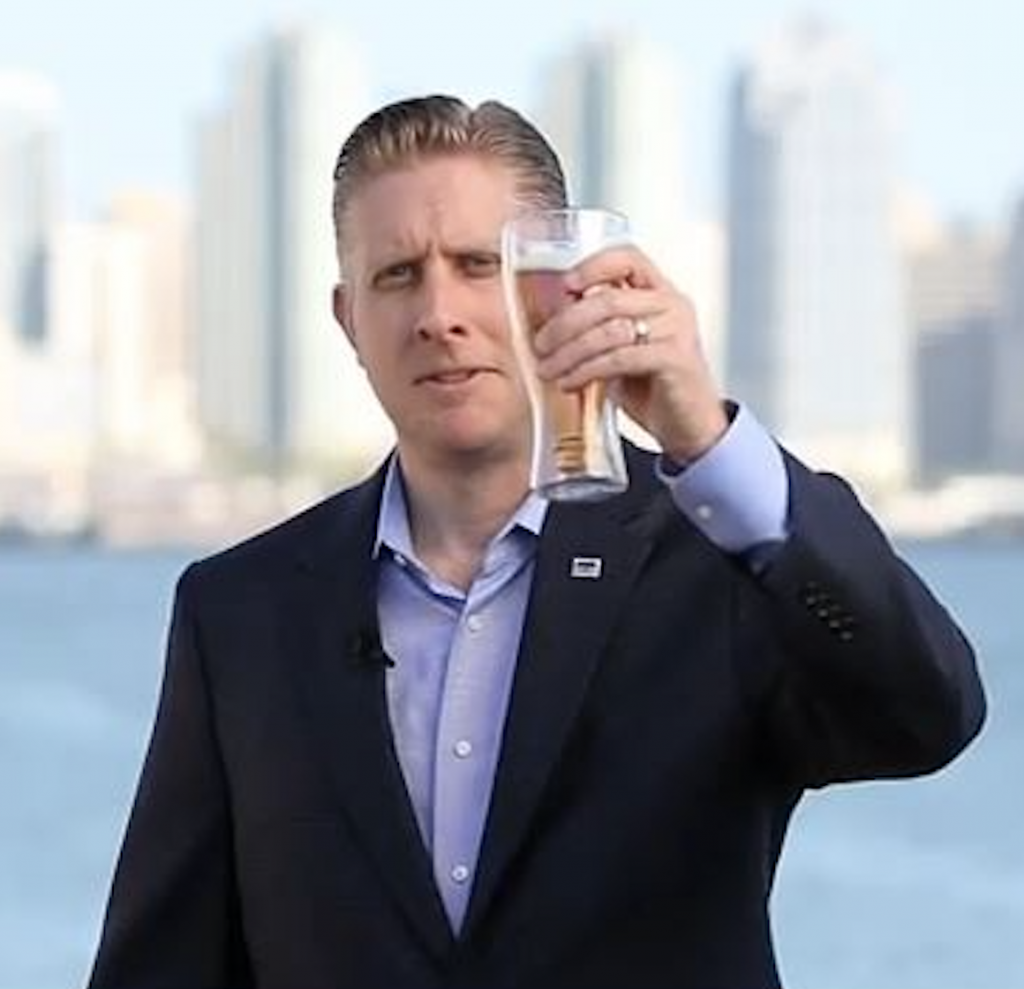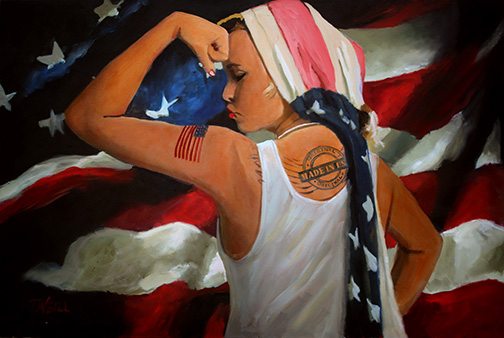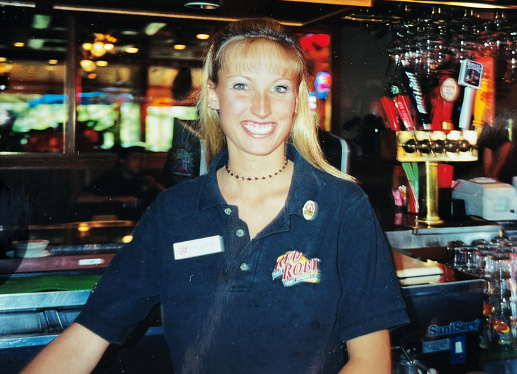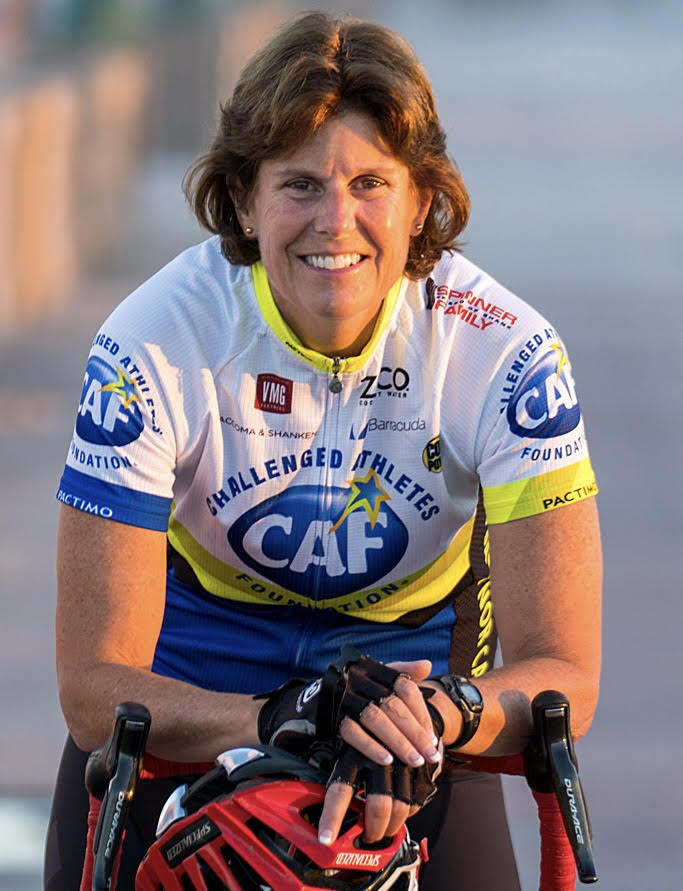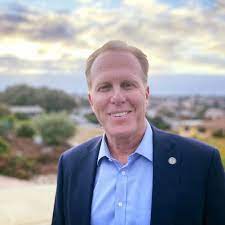Edgy Interview: Gary Lawrence
Gary Lawrence is a legend in political research circles. A veteran pollster, author, and communicator, his long career bridges the worlds of faith, data, and human understanding. Encounters during his mission in Germany, where he spent long days knocking on doors and talking with people about their beliefs, shaped his appreciation for how values drive human behavior. As he puts it, opinions and attitudes may shift with the current, but values are the “mental ocean’s” deep currents — the forces that steer how people live, vote, and relate to one another. That insight informed his approach to public opinion research. Whether studying voter sentiment or advising clients on strategy, Gary does what great pollsters do: he looks beyond the surface numbers to uncover what people truly treasure and understand why. His work demonstrates that persuasion and productive dialogue depend on recognizing and respecting the values that guide others. Today, Gary advocates a more thoughtful, values-based society — one that listens before it lectures. He believes that when people understand each other’s deep currents, they not only become better citizens but also contribute to a healthier and more connected community.
Who is your favorite artist – any medium – and what makes them special for you?
The medium would be music, and my favorite artist is my daughter Kristen.
She was studying organ performance at BYU when we took a family vacation to Europe. In Prague one morning, she decided to visit a nearby cathedral and ask the priest if she could play the organ. He took a chance and enjoyed 20 minutes of glorious Bach. He then told Kristen to go up to another cathedral and, using his name as a referral, ask that priest if she could play that organ.
She did and the priest in charge allowed her to play the organ and fill that cathedral with beautiful classical music. After this enjoyable experience, she went to thank the priest. He complimented her and then said, “There’s something you should know, but I didn’t want to tell you before you played because I didn’t want to make you nervous. But you have just played the same organ that Mozart played.”
Kristen Lawrence – a very special musician who performs with the Pacific Symphony on the huge organ in the Segerstrom Center in Costa Mesa. Check out her Halloween compositions at Halloweencarols.com.
What was your favorite music genre as a teenager and what are you listening to now?
In my late teens I was a radio disc jockey and the menu still contained the Big Band airs, but a little more beat from artists such as the Four Freshmen, Elvis Presley, Fats Domino, Connie Francis, the Everly Brothers, et al.
After returning from my LDS mission in Germany, I became a rock-and-roll DJ playing Top 60 hits, especially the Beatles. I was the first DJ in Utah to play a Beatles record because I knew about them when they became a smash hit in Germany in the early 1960s. They translated all their songs into German: “I Want to Hold Your Hand” became “Komm, Gib Mir Deine Hand” and so forth.
What do I listen to now? Bach, Beethoven, Mozart, Handel, Haydn, Brahms, Vivaldi, Verdi, Mendelssohn, the list goes on – everything Classical. In fact, I was fired as a DJ for playing a Brahms concerto when I falsely assumed only a few in the middle of Mormondom would want to hear rock-n-roll on a Sunday morning at 5:00am.
What book – fiction or non-fiction – influenced you the most?
The Book of Mormon – Another Testament of Jesus Christ.
You wrote a book in 2008 “How Americans View Mormonism.” How have those views changed?
Based on my national survey of 1000 Americans, the image of Mormonism in 2008 was:
Favorable 37
Unfavorable 49
No opinion 14
I conducted another national survey in 2023, this time interviewing 1053 non-LDS Christians, and the numbers were:
Favorable 34
Unfavorable 40
No opinion 26
A positive-to-negative ratio of 3:4 in 2008 and a ratio about 7:8 in the 2023 Christians-only survey.
A Pew Research poll on the matter in 2022 found our image to be:
Favorable 15
Neither / DK enough 60
Unfavorable 25
The middle number went up considerably because Pew gave respondents the spoken option of “neither” and “don’t know enough about them’” a choice usually left to voluntary voicing. But the favorable-unfavorable ratio of 3:5 is similar to the others.
I don’t think my religion’s favorable numbers will ever outpoint the unfavorable percentages because of such things as our claim to be the re-established original Christian church. Priests and pastors are prickly about such preaching and our proselyting practices because their paychecks depend upon putting posteriors in the pews.
When do you think the White Horse prophecy will be fulfilled?
First, a clarification. In 2009, The Church of Jesus Christ of Latter-day Saints officially stated, “The so-called ‘White Horse Prophecy’ is based on accounts that have not been substantiated by historical research and is not embraced as Church doctrine.”
It was written by an Edwin Rushton about 1900 and adds items not found in previous records. What is verifiable is that Joseph Smith, founder of the church, did indeed refer to the Constitution and its future status. Two key points were made in each record of what he said in the 1830s and 40s.
The Constitution shall be on the brink of ruin / will hang by a single hair / will hang by a brittle thread.
Latter-day Saints will be the staff upon which the nation shall lean and shall bear the Constitution away from the very verge of destruction / shall step forward and save it.
Given today’s events and the intentions of certain groups, the Constitution may already be hanging by a thread. When will it be rescued? I hope within my lifetime so I can add my efforts to those who want to preserve this sacred document.
If you could go back in time, which former President would you like to chat with and what’s the topic?
Calvin Coolidge, because the number of times he spoke did not keep up with the wisdom he could have shared. I would ask him what steps he would have taken to prevent the Great Depression had he continued as President. What would he do today to prevent an economic collapse?
What advice do you have for people who want to run for office?
Carefully examine your reasons. Is it ego, a desire for fame, power, a yearning to be seen as better than others … or … is it a sincere desire to be of service to fellow citizens – to help solve society’s problems?
What’s been your favorite sports moment?
Whenever BYU beats Utah and whenever Stanford beats USC. (Incidentally, my best friend graduated from Utah and then earned an advanced degree from USC. We don’t talk sports.)
Tell us about your favorite hobby.
Tending my garden of beets, carrots, tomatoes, etc. I keep busy out-maneuvering squirrels, possums and birds.
What are three must-haves in your refrigerator?
My insulin, milk, and ice cream.
Most people say they got a lucky break at some point. Tell us about yours.
When I was in Germany, the building of the Berlin Wall in 1961 and the 1962 October missile crisis kindled an interest in a career in the Foreign Service. Continuing at BYU, I completed a double major in political science and international relations, and a double minor in German and Russian, and planned to get a graduate degree from the Fletcher School of Law and Diplomacy.
But then a good friend advised, “You might want Fletcher, but what if they don’t want you? You better have a Plan B.” Those six words changed my life.
I began investigating other graduate schools. When I opened the Stanford catalog, it came open to the page describing their communication program. Before I could turn to the political science page, I saw the word politics. Hmm, politics and communication. Sounds interesting.
I drove 800 miles to personally check out Stanford’s communication program, which undoubtedly helped me get accepted. It showed I cared about them in the process of getting them to care about me.
Stanford didn’t offer a fellowship as large as Fletcher, but something prompted me to take Stanford. I am so glad I did. I earned a Ph.D., started my career in survey research, and most importantly I married my roommate’s sister.
Advice to others: Don’t be afraid to try something new. Don’t be afraid to be assertive. Follow your hunches; they may be promptings from upstairs.
Can you share any formative experiences from your mission work in Germany?
Knocking on doors to introduce your religion to others is hard work. Obviously, those who accepted our invitation to discuss religious doctrines had a set of values open to comparing religions and looking for something better. This, in time, led me to an analogy I call the Mental Ocean:
Opinions Top current susceptible to changes in current or wind
Attitudes A deeper current stronger and less likely to change
Values The deepest current and strongest driver of action
Values determine a person’s life. When we understand a person’s values and the whys of his or her journey, the potential for getting along is significantly increased. So, whether I was a missionary looking for people to investigate my church, or a pollster looking to understand how and why people might vote, my success comes from understanding what that person treasures, appreciates, and searches for.
We can respect the values of others without compromising our own. Get to know their stories and their deep-current values and why they subscribe to them. It will lead to a healthier society.
How was your experience at Brigham Young different than your experience at Stanford?
I was a liberal at BYU and a conservative at Stanford. But I didn’t change; I was the same guy in both places. And loved the professors, environments and debates in each.
Tell us that great story about the woman who was interviewed during the 1980 presidential campaign.
Before starting my own firm, I was a vice president of the company (Decision Making Information) that did all of Ronald Reagan’s survey research. During the 1980 campaign, an interviewer came into my office one morning to tell me about a woman she had interviewed the previous evening. On every political issue tested, the interviewee supported Reagan. On every descriptive word tested, the positive ones applied to Reagan and the negatives ones to President Jimmy Carter. There wasn’t one item that was at all favorable to Carter. Then came the ballot question. The answer: Jimmy Carter.
After the interviewer finished the demographic questions, the respondent was asked why she would vote for Carter when everything in her other answers would have predicted a Reagan vote. The lady’s reasoning? “Well, everyone knows that every President that’s elected in a year that ends in zero, dies in office. And I love Ronald Reagan too much to see him die in office.”
Scientists can predict what a material will do if they know three variables: time, pressure, and temperature. How many variables must public opinion researchers know before they can predict what people will do? …. Still counting ….
What would you change about yourself?
I would be more patient.

